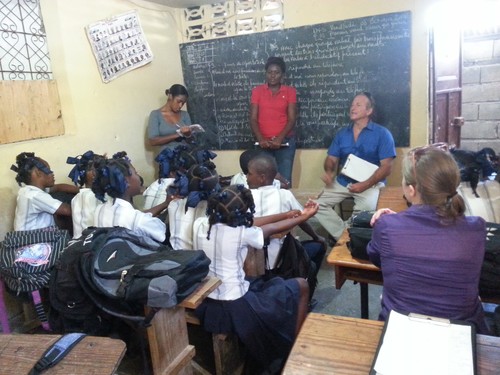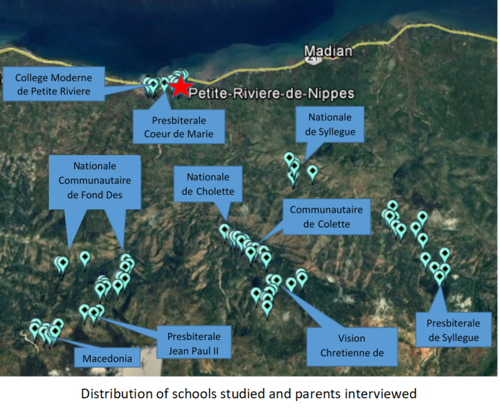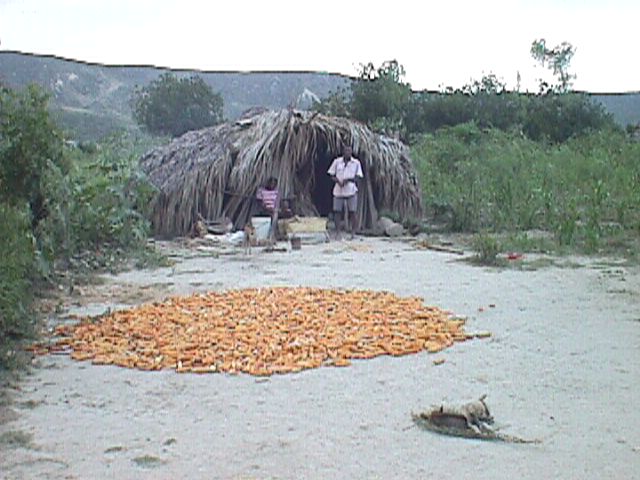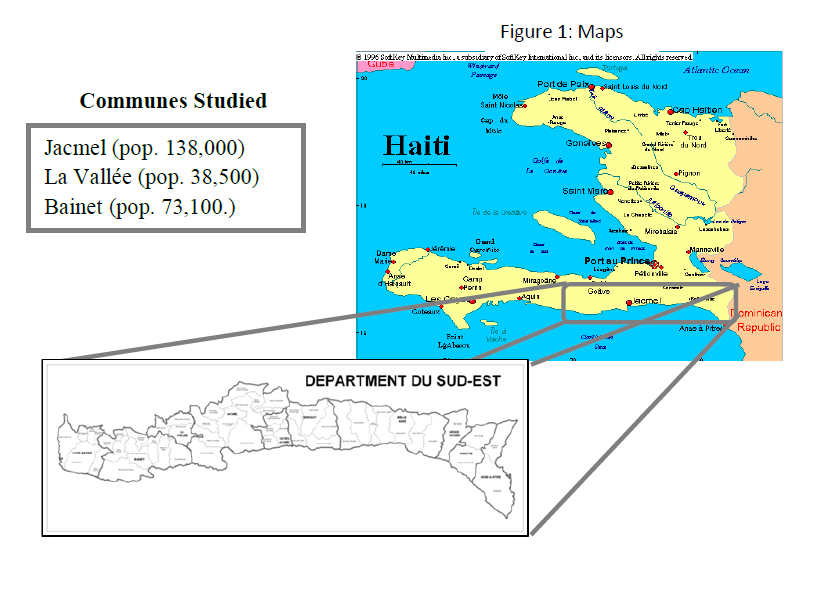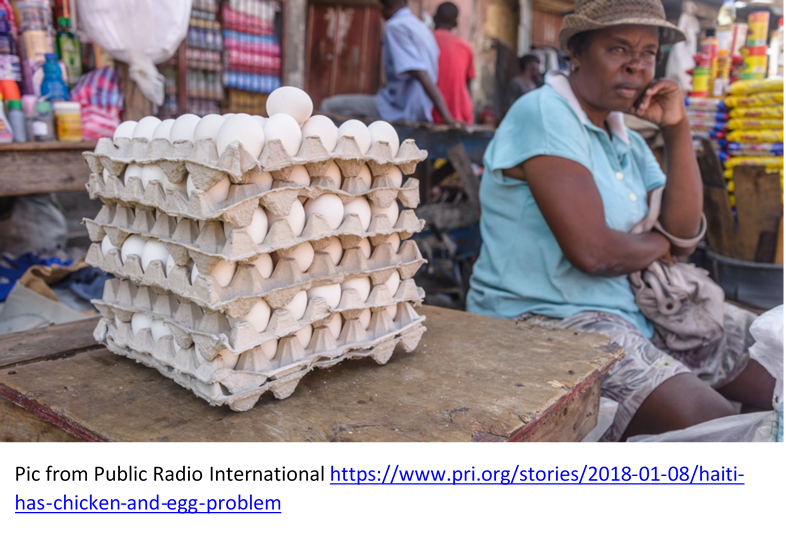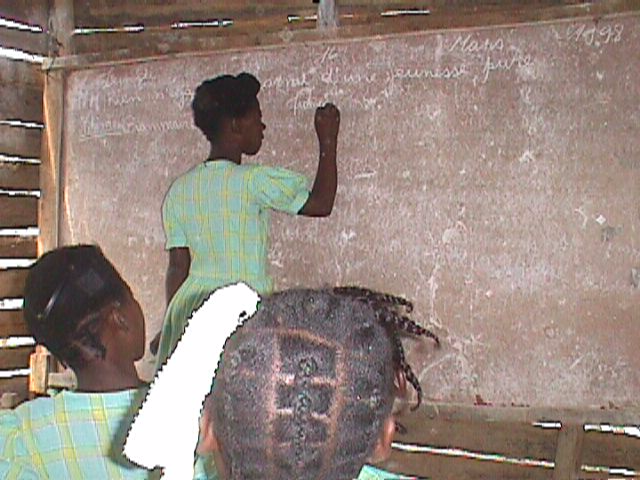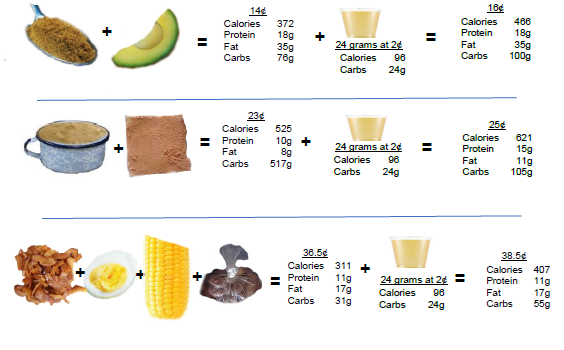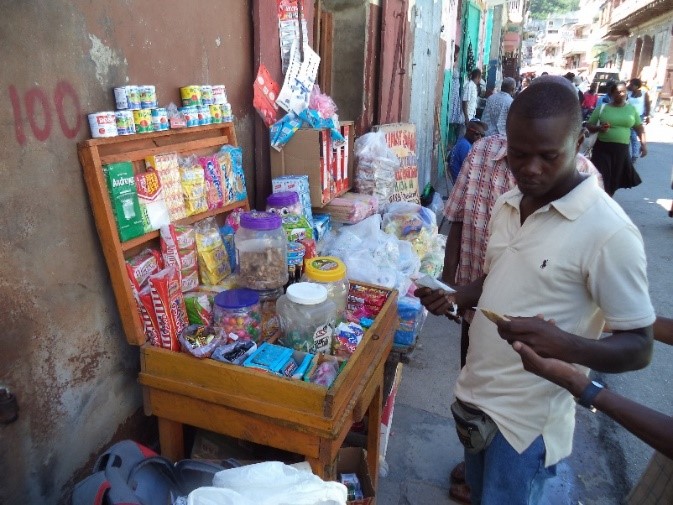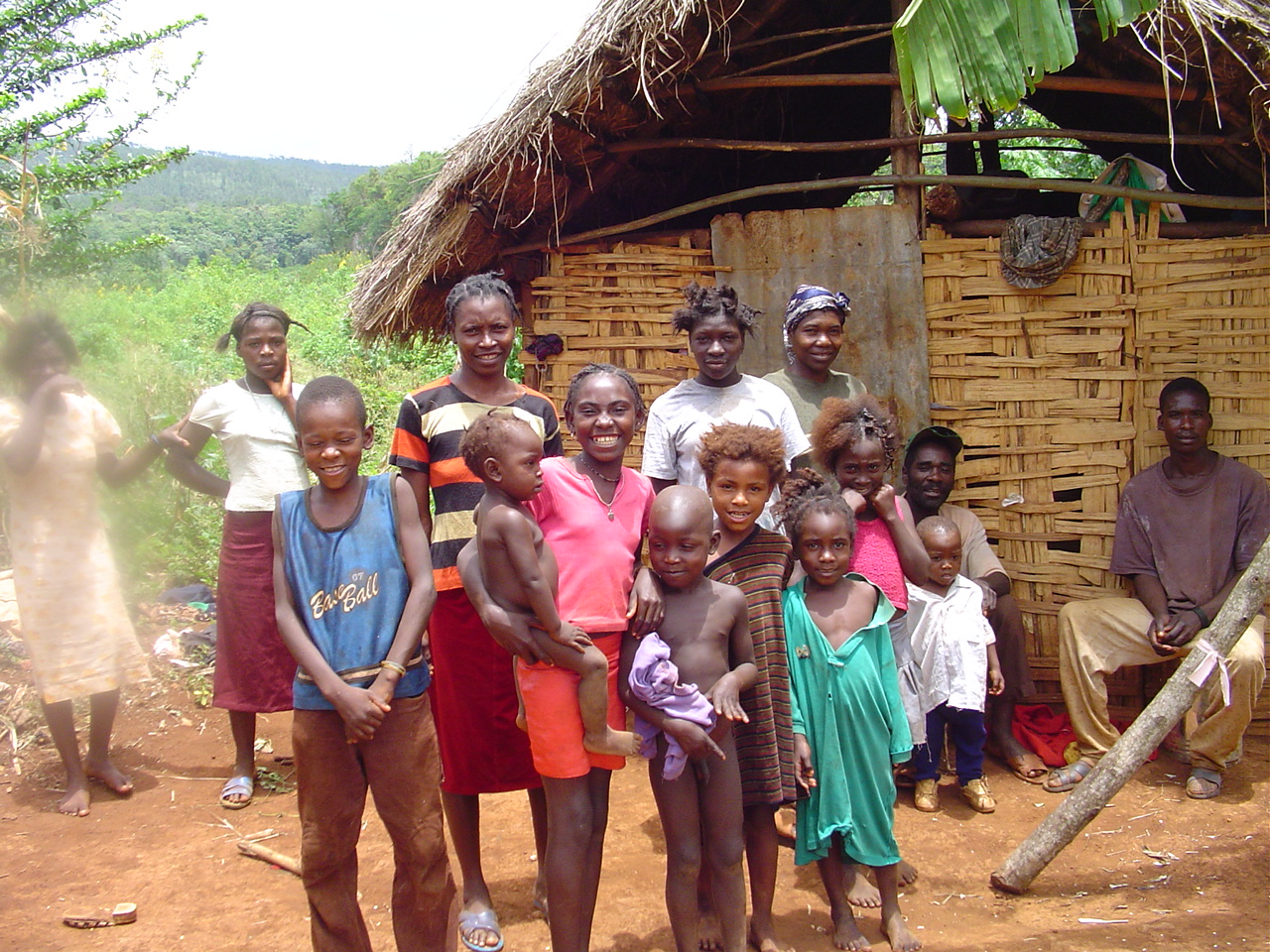Evaluation of Local Purchasing and School Canteen Pilot Project in Petite Riviere de Nippes Report 3 (of 3)
This is the third of three reports that were part of a study commissioned by WFP to evaluate the MENFP (Haitian Ministry of Education) pilot project for Local Procurement School Feeding in Nippes. The research was conducted under the auspices of Socio-Dig, a Haiti-based research company. Despite the cost of the research and an abundanceRead More
Evaluation of Local Purchasing and School Canteen Pilot Project in Petite Riviere de Nippes Report 1 (of 3)
This is the first of three reports that were part of a study commissioned by WFP to evaluate the MENFP (Haitian Ministry of Education) pilot project for Local Procurement School Feeding in Nippes. The research was conducted under the auspices of Socio-Dig, a Haiti-based research company. Despite the cost of the research and an abundanceRead More
Beans and Corn Value Chains in Gressier, Haiti
This is a draft report, a Pre-crisis Market Mapping and Analysis (PCMMA) Training and Market Assessment Facilitation Beans and Corn Gressier, Haiti, that was conducted with Practical Action Consulting of the UK, on behalf of the GOAL, an Irish NGO. The research in the field was conducted with the support of Socio-Dig, a Haiti-based research company.Read More
Unpublished EMMA Field Report for Post-Earthquake Emergency Response (Jacmel, Haiti)
The objective of this study of Haiti’s Southwest Department was, 1) expand techniques for value chain development in conflict- and disaster-affected environments with the goal of helping design early responses for ensuring survival (market systems could supply food and essential items or services related to priority survival needs), 2) provide useful information for current humanitarianRead More
EGGS IN HAITI SURVEYS AND REPORT (FCA 2015)- French
Ce rapport porte sur la production d’œufs en Haïti dans un contexte de stratégies de subsistance des ménages ruraux des classes populaires. La recherche a été commissionné par Finland Church Aid (FCA) et menée sous les auspices de Socio-Dig, une société de recherche basée à Haïti.
Test of Impact of School Feeding on the Scholastic Performance of Children in Rural Haiti
An enthusiastic claim we often hear is that school feeding programs have a positive impact on the attendance and academic performance of the students. In 16 focus groups we conducted, school directors said it, teachers said it, parents said it, even some of the children spontaneously made claim. I too have always simply assumed thatRead More
Snacks, Meals, Prices, and Nutritional Content for Proposed Locally Procured School Feeding Program in Haiti
This article addresses the prospects for true, locally procured meals for a national school feeding program, something that does not yet exist. We present a series of the most commonly available local Haitian foods together with street costs and nutritional analysis. The suggestion is that prepared food containing twice the calories and protein available inRead More
Haiti Anthropology Brief: Haiti Crops, Nutrition, and Prospects for Food Sovereignty
If Haitians are to produce carbohydrates and proteins in quantities competitive with US production of crops best suited to the North American climate and soils, then they will have to begin by doing the same that US farmers do, focus on crops best suited to be grown in Haiti. Yet, a puzzling thing about theRead More
Port-au-Prince Haiti Merchant Monopoly on Bad Snack Foods
The ingredients for prepackaged snack foods on the Haitian market are entirely imported, of low quality and low nutritional value. Their growing role as a main source of food for lower-income Haitians, especially school children, is a threat to the health of the population. And there is little anyone can do about it. Or perhapsRead More
Haiti Anthropology Brief: Eighteen Characteristics of Life in Rural Haiti that Every Aid Worker Should Know
For at least the past 50 years Haiti has arguably been the most aided country on the planet, and arguably the country with the most dismal development record. Aid workers typically leave frustrated, not able to understand why rural Haitians will not adopt crops they promote, or the technologies and strategies that seem to soRead More
